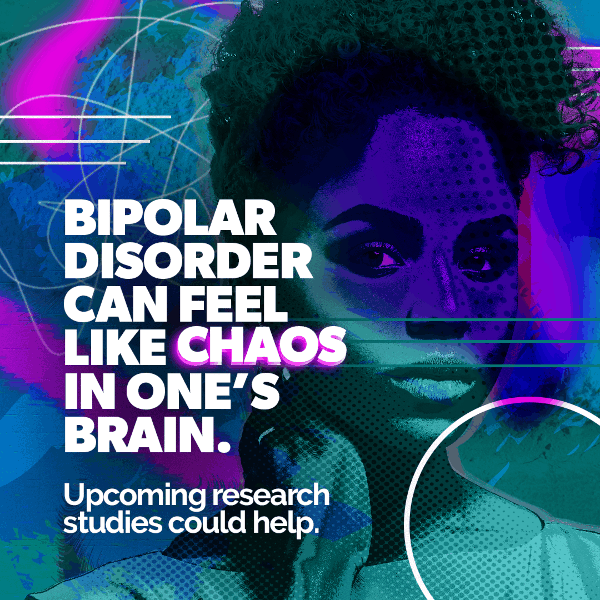1 in 5 Americans has a mental health condition, with approximately 2 million individuals affected by bipolar disorder. There’s a lot of misconceptions about mental health in general. This can cause a lot of treatment, social and emotional-related problems. One way to fight against the stigma of bipolar disorder is to bust some of the common myths.
Bipolar Disorder Summary
Bipolar disorder is a condition that causes changes in a person’s mood, energy, and ability to function. It is characterized by intense emotional states that typically occur during distinct periods called mood episodes. These episodes can be manic/hypomanic (unusually happy or irritable mood) or depressive (sad mood).

Myths vs. Facts: Top 5
- Myth: Bipolar disorder only affects adults.
- Fact: Children can have bipolar disorder, but symptoms most often first appear during the teen years.
- Myth: Mania can be very productive.
- Fact: Mania can indeed be productive at first. However, increased irritability, irrational anger and behaviors, and an inability to sleep are also characteristics of mania. All of which can worsen symptoms.
- Myth: Medication is the only way to treat bipolar disorder.
- Fact: Medication is an essential tool in treating bipolar disorder. Psychotherapy, staying active, and healthy lifestyle changes also help manage symptoms.
- Myth: Bipolar disorder affects everyone the same.
- Fact: Not everyone with bipolar disorder has the same experience with vary in symptoms and severities. There are two main types of bipolar disorder; bipolar disorder I and bipolar disorder II.
- Myth: Individuals with bipolar disorder don’t have a good life.
- Fact: Individuals with bipolar disorder can live normal, fulfilling lives. They can work, have families, and healthy relationships.
Increasing Awareness and Options Through Research
Myths, misconceptions, and stigma have consequences beyond the shame individuals with bipolar often experience. Delays in treatment and misdiagnosis are some examples and can lead to worsening of symptoms and dire consequences for patients. It doesn’t have to be that way.
We are in a period of transition in our country that’s calling for acceptance outside the norms. Mental health deserves the same attention and understanding because of the far reach it has in all aspects of our lives. As we learn more about bipolar disorder, scientists and researchers endeavor to broaden the options for the people living with this condition.

If you or a loved one has been diagnosed with bipolar disorder, upcoming research studies at Midwest Clinical Research may be an option. Call us at (937) 424-1050 or visit our website for more information!
Sources:
https://www.bannerhealth.com/healthcareblog/better-me/myths-about-bipolar-disorder
https://www.psychiatry.org/patients-families/bipolar-disorders/what-are-bipolar-disorders





